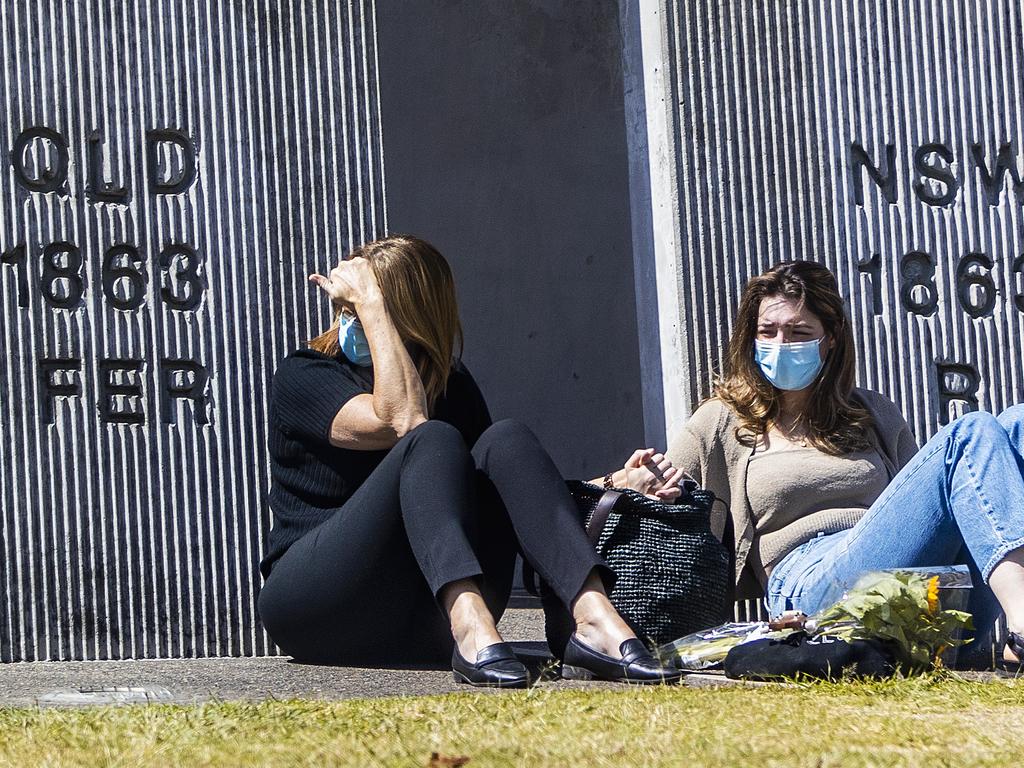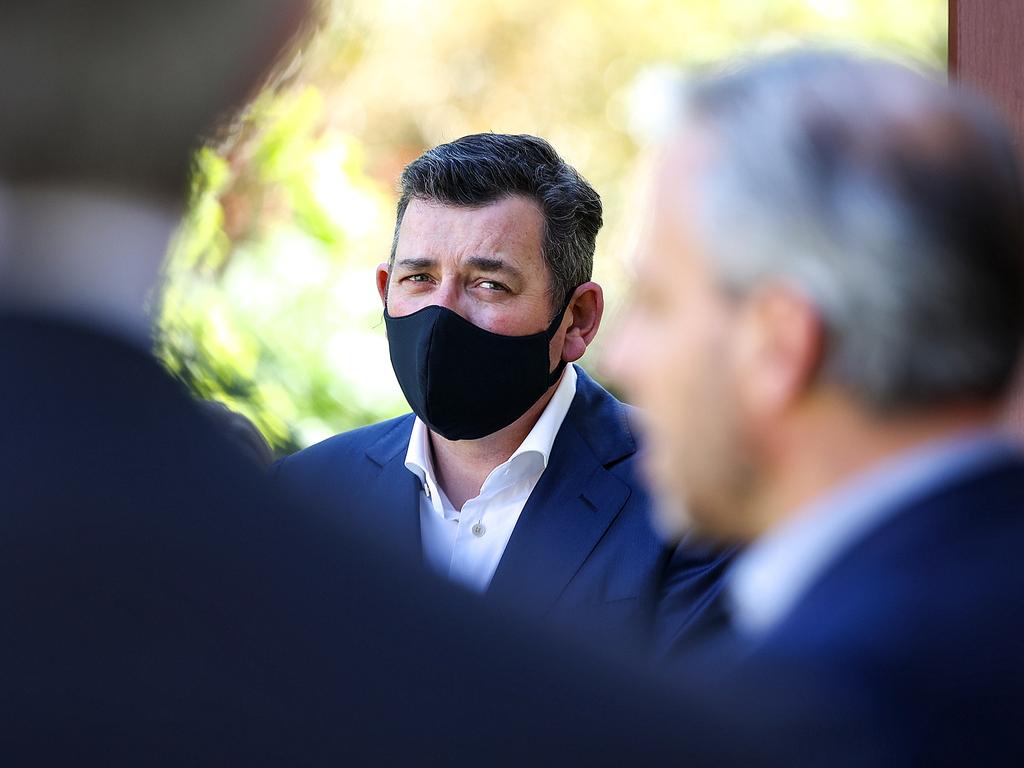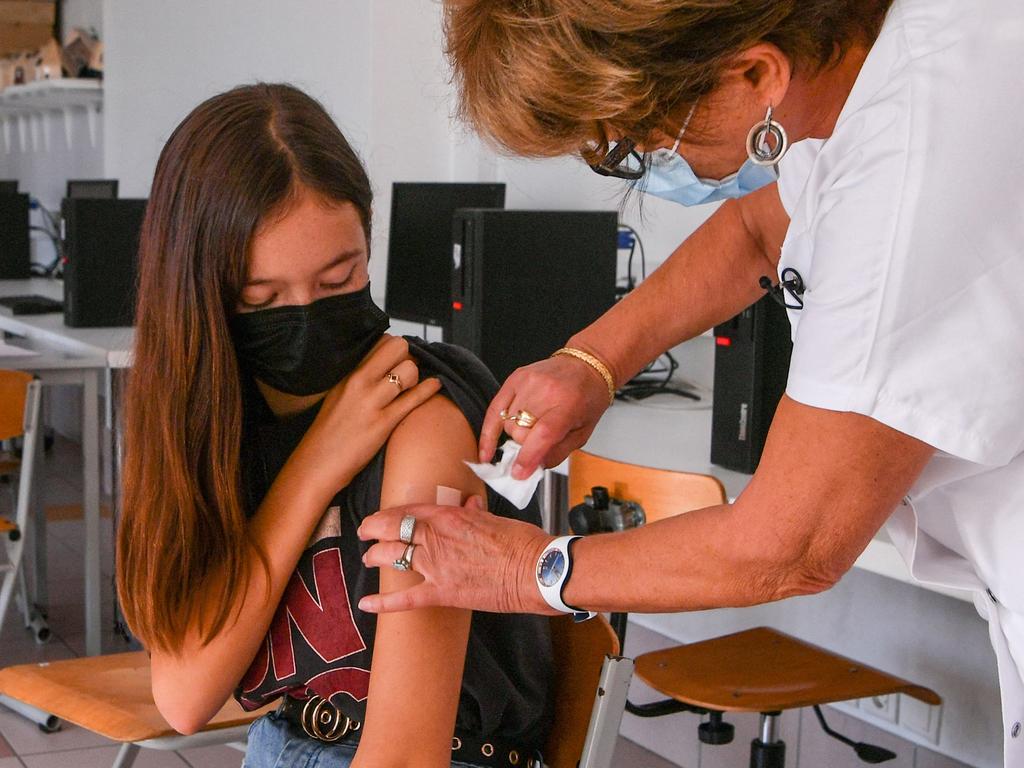Covid Premiers’ school for scandal
Of all the cruelties shown by Australians towards fellow Australians during this pandemic, this is by far the worst.
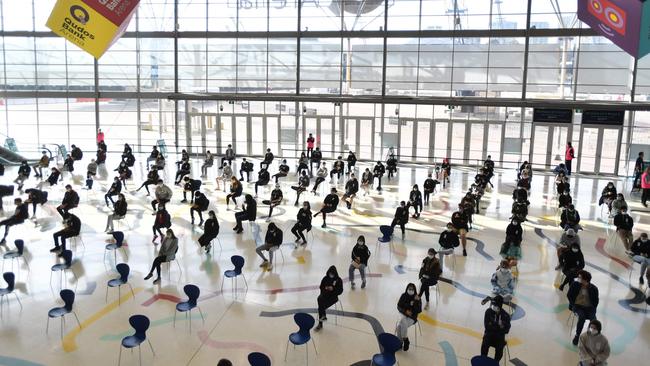
The cruelty shown by Australians towards fellow Australians during this pandemic still shocks me – stopping our fellow citizens from coming home and blocking even people in desperate need from crossing state borders. None of this reconciles with the country I thought I knew. Yet the worst aspect of our pandemic response, and the one likely to do the most long-term damage, may well be the way we have treated our children.
We have done remarkably well compared to most other nations – turning our tyranny of distance into an advantage – but we allowed this success to turn into a zero-Covid obsession that has done enormous damage. We need to learn from our experience and understand what it has revealed about our flaws.
It is difficult to fathom how presumably intelligent adults could prevent people crossing state borders for medical appointments, family funerals or death-bed visits. The human rights infringements and heartlessness of many precautions have been out of all proportion to the risks.
State politicians and bureaucrats have been willing to create immense personal trauma to keep their infections slate clean. This was unfathomable last year – when we knew the disease was asymptomatic or mild for most cases and a deadly risk primarily to the elderly – but the callous responses continue even now, when the vulnerable are vaccinated, most others have had at least one jab, and we know the virus will be endemic for years to come.
Still, these individual acts of torment pale into insignificance compared to the schooling denied to children these past two years – for no good reason. The willingness to close schools and the deceptive fearmongering over Covid-19 and children have created unnecessary anxiety and an educational disruption that will permanently diminish the life prospects of some kids.
It varies by state, city and school but just over a million school students in Victoria are on track to have lost up to 150 days, or three school terms, over the past two years, and for NSW more than 1.2 million students will have lost up to 100 days, or at least two terms. Incredibly, given their light caseloads, there have been disruptions in the other states too, so all kids will have missed out on some face-to-face learning while the worst-affected will have lost close to half their schooling over two years.
Given the uncertainty at the start of the pandemic, when there was no vaccine and little data on children, some early school closures were perhaps understandable; although experts were saying as early as March last year that children were mercifully spared most of the ill-effects of Covid-19.
The evidence about the negligible risk to kids mounted very quickly and has firmed all along, so that it is clear virtually all school closures at least since last winter have been unnecessary and counter-productive.
“I think in hindsight one of the biggest tragedies from this pandemic will be the loss of education for a generation of children,” says child and adolescent psychologist Clare Rowe. “They will be forever known as the ‘Covid generation’ and the loss will reverberate not only through their academic skills but their social development and mental health.”
Rowe says the so-called secondary pandemic of children’s suffering will quickly become the primary pandemic. “In NSW, it seems absurd to think that we could be sitting in a pub enjoying a cold beer with friends long before our children are back in the classroom,” she reflects, noting there has not been a single paediatric Covid-19 death.
Education adviser Kevin Donnelly says schools have been closed “far too long” – especially primary schools. “Learning from home can never replace the face-to-face interaction and learning that occurs in the classroom,” Donnelly says. “Students need to socialise and learn from one another.”
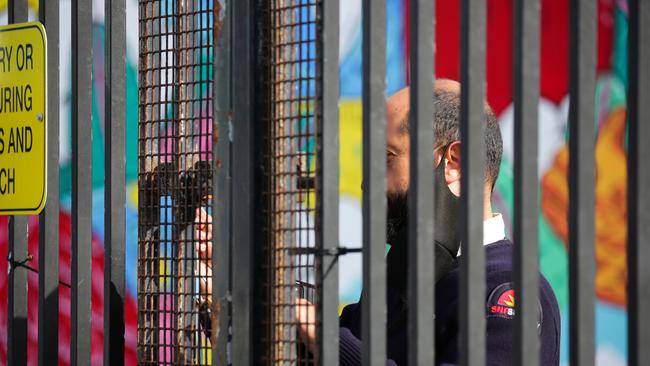
After NSW schools were first closed in April and May last year, it was reported that at least 3700 students never returned. The most disadvantaged students suffered most, with a lack of access to technology and adult support compounding the challenge of remote learning.
Too much public debate on school closures has focused on stresses for parents – a legitimate consideration – but the real dilemma is the harm done to our children. “No effort should be spared to safely open schools immediately,” says psychologist Michael Carr-Gregg. “Acquiring the skills for future independence, sustained face-to-face peer contact and the opportunity to emancipate from parents are key developmental tasks for young people, attending school facilitates these tasks and is absolutely essential if we are to stave off a tsunami of mental illness in the future.”
The medical justification for shutting schools has never been there. Delta is highly infectious, including among children, but the expert advice, backed by the data, shows it is no more dangerous to kids than the original strain.
Infectious diseases physician Professor Peter Collignon has watched the impact of the pandemic on kids carefully and has been consistently buoyed by the way the young have been spared. He has argued from the first half of last year that schools did not, universally, need to be closed.
“Children get all strains, including this strain,” he told me on Sky News, “and they can give it to others but, relatively, they do it a lot less than their parents”.
Collignon explained that we should be thankful kids tend not to get sick or spread the disease as much as adults, “because it means one of the last places you should close down is schools, particularly primary schools.”
Yet in recent weeks Queensland Premier Annastacia Palaszczuk has screamed about the “vulnerability” of children under 12 because they cannot be vaccinated yet. This is low-grade politicking and, sadly, many in the media have fuelled the hysteria in a sensationalist way.
Meanwhile, the reassuring evidence mounts. A study released this week by leading paediatrician Professor Kristine Macartney examined what has been happening in the NSW outbreak and showed that even when there had been infections in schools, the spread was mainly among adult staff.
“The spread between children themselves was very low,” says Macartney. “We’re very lucky to know, and it’s consistent with data over the course of the pandemic, that Covid-19 is mild among children. Only around 2 per cent will require hospitalisation and, for many of those 2 per cent, it’s for monitoring and social care. Unfortunately, often their parents are unwell with Covid-19 and that’s why they’re being cared for in the hospital.”
That is the medical reality. Yet unreasonable fears have been generated to justify damaging interruptions to schooling.
“Based on international tests, Australian students are already up to a year behind students in stronger performing countries,” Donnelly laments. “For many students, standards will only deteriorate further; many year 12 students, because of lockdowns this year and last year, will not be properly prepared for tertiary studies.”
Donnelly says we should consider summer school to help students make up for lost time.
Infectious diseases paediatrician Robert Booy has pushed back against scaremongering over children, emphasising their proven resistance to serious illness. In The Age he referred to an intergenerational injustice: “Children have suffered enormously from lockdown – their mental health, their education, their socialisation, and it’s been all done for the benefit of the old – of the adults and elderly.”
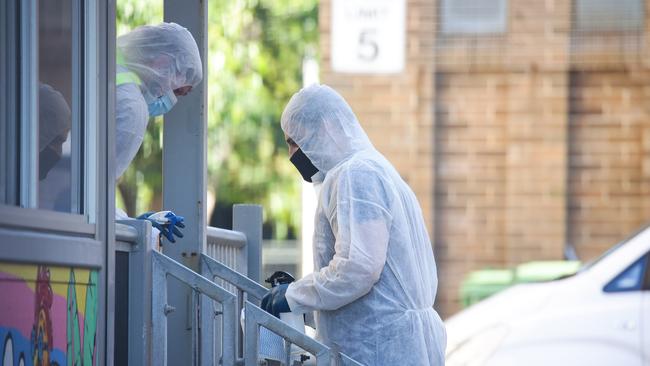
The teachers’ unions have been coy about all of this. But their role behind the scenes will have been instrumental in state government responses.
Health bureaucrats and political leaders have admitted schools have been closed, not directly for the welfare of the kids, but for other reasons. In the early days of Victoria’s 2020 lockdown, school closures were justified as a means of reducing people movement in communities.
Astonishingly, Queensland’s chief health officer Jeannette Young revealed the education needs of children were sacrificed as part of a compliance and communication strategy. “If you go out to the community and say – ‘this is so bad, we can’t even have schools, all schools have got to be closed” – you are really getting to people,” Young told the Brisbane Times. “So sometimes it’s more than just the science and the health, it’s about the messaging.”
Jeopardising the welfare of children for messaging; disrupting kids schooling to get the attention of their parents. And Palaszczuk has appointed her as governor.
“What is to become of the children who have had the longest lockdowns now in the world?” asks Rowe. “Twelve hours plus a day on screens, the impact of social media amplified, and the enormous loss and grief that comes with the passing of milestones such as school graduations, formals and celebrations – the mental health impact will last for years.”
Carr-Gregg notes that before the pandemic, one in four young people had psychological problems. “Continual school closures, coupled with cancelled community sport and closed recreational facilities could give rise to an explosion in mental health cases which would overwhelm our already stretched mental health services on a scale that is difficult to imagine.”
We cannot open borders and businesses soon enough, in my view, because we have been far too cavalier about the unintended consequences of pursuing zero-Covid outcomes. But schools should be the priority; they should never have been closed this year and should reopen for the first day of the last term.


